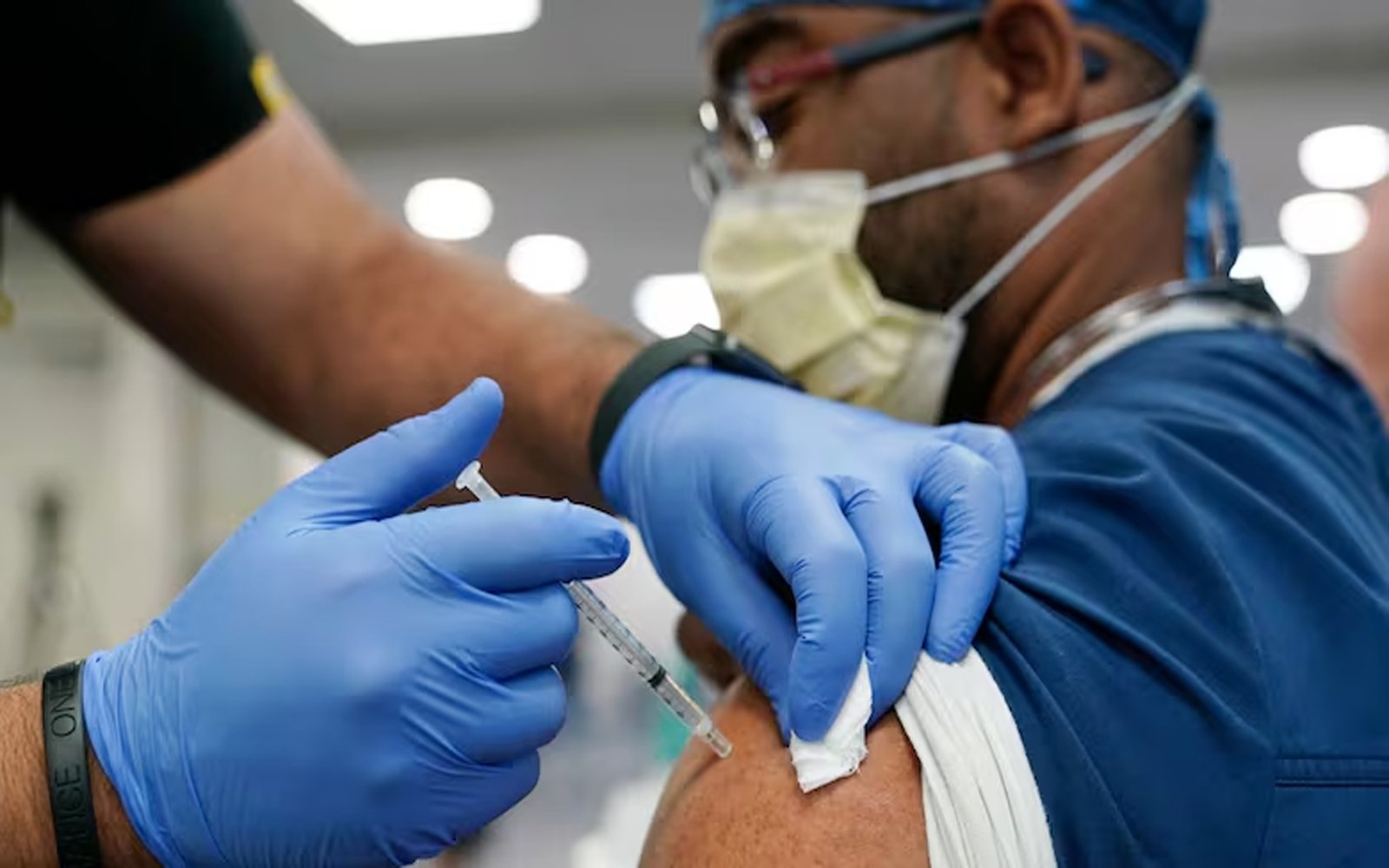Lahore – Despite decades of progress, Pakistan still faces significant hurdles in its fight against preventable diseases, with over one million children missing routine vaccinations each year. On Monday, leading health experts gathered in Lahore to open the National Vaccinology Workshop, a week-long event aimed at strengthening the country’s immunisation programmes.
The workshop, held at Pearl-Continental Hotel, will run until Friday and brings together top medical professionals, researchers, and policymakers to discuss vaccine science, global immunisation trends, and strategies for expanding coverage in Pakistan.
“Antibiotics and vaccines remain the greatest medical interventions for saving lives,” noted Prof. Asad Ali while addressing the opening session. Experts, including Dr. Junaid Iqbal, Prof. Farah Qamar, Dr. Chaudhri Irtaza Ahmad, and Dr. Richard Omore, highlighted issues such as vaccine hesitancy, mistrust, and operational roadblocks that continue to limit progress in Pakistan.
Pakistan is currently the largest recipient of Gavi’s vaccine support, but experts warned that the country must prepare for a future without donor assistance. Drawing from Kenya’s experience, Dr. Omore cautioned that delays in local funding could risk shortages and disrupt immunisation drives.
He further emphasised the importance of disease surveillance to track new strains and measure the impact of vaccines like HPV and pneumococcal. Such evidence, he said, is critical for shaping health policy and building public trust.
The urgency of these discussions comes as Pakistan continues to battle polio, with a new case reported in Khyber Pakhtunkhwa’s Tank district earlier today, raising this year’s tally to 24. Meanwhile, the World Health Organisation is collaborating with the government to train workers for the country’s first HPV vaccination campaign, underscoring the need for effective public awareness and advocacy.
Health officials concluded that while vaccines themselves do not save lives, vaccination coverage does—making accessibility, trust, and sustainability essential for Pakistan’s public health future.









